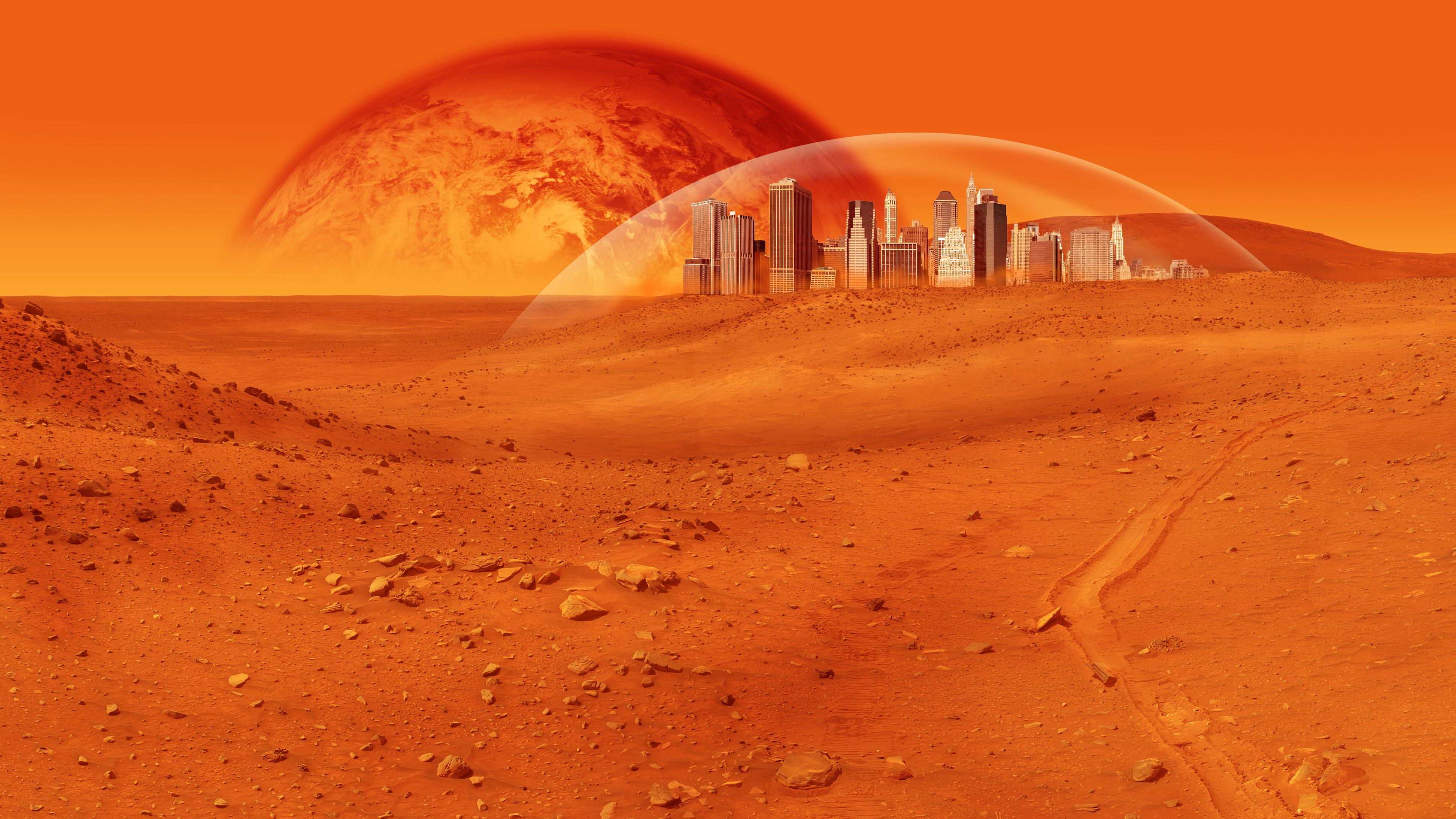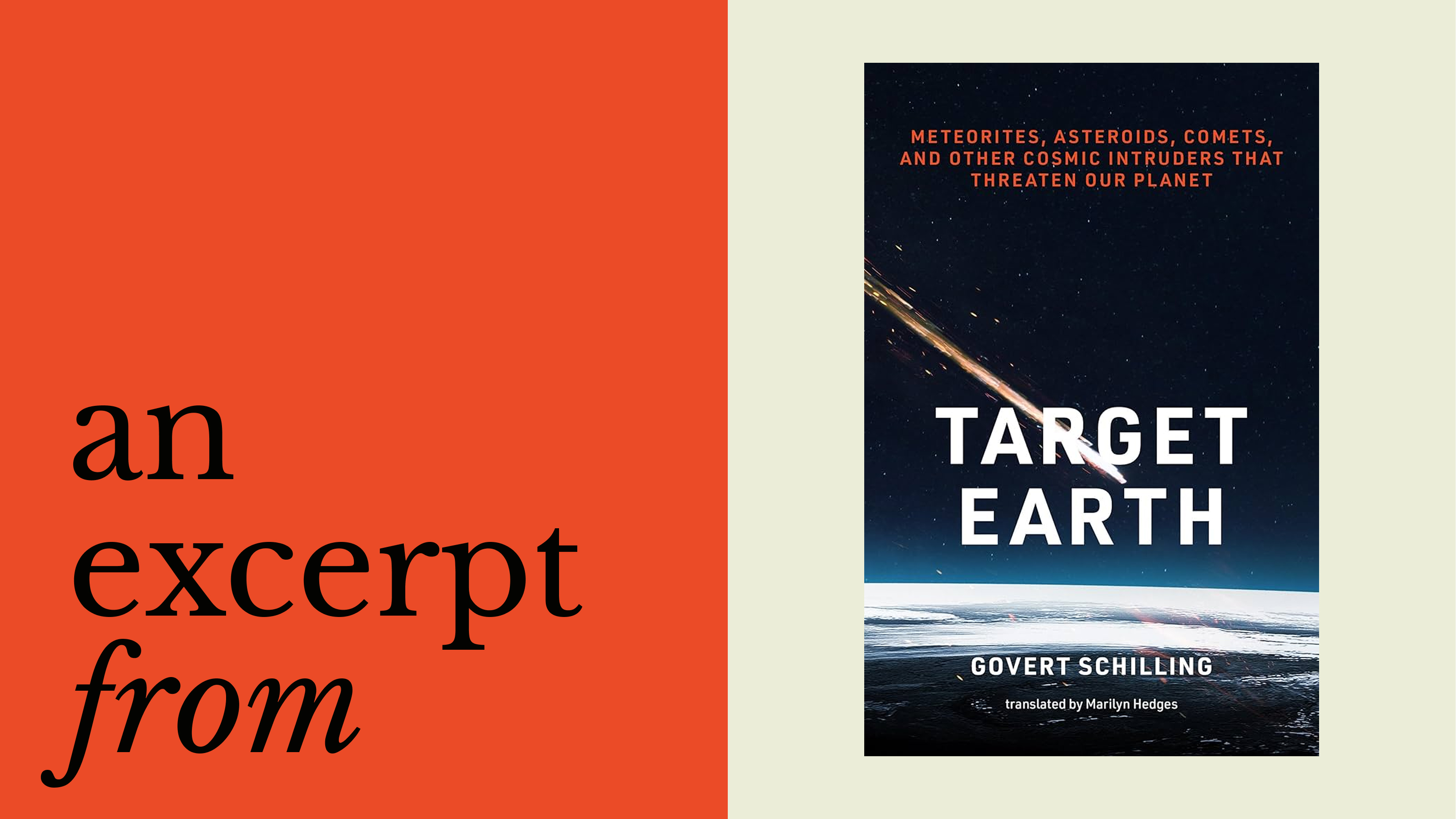78 – The Most Generic Country Ever
This map is from the Agile Rabbit Book of Historical and Curious Maps (Pepin Press, 2005). It’s a British map dating from 1897, explaining geographical terms by showing them in the sort of landscape they’re supposed to describe… In the process producing a map of the most generic country ever.
The country is bounded in the south by an ocean called ‘Ocean’, which closer to land is labelled ‘Gulf’, ‘Sea’, ‘Channel’ and ‘Bay’. Several islands are named ‘Island’, except where they occur in a group, in which case they’re called ‘Group of Islands or Archipelago’. Or ‘Islets’ where they’re very small. Other land features include several ‘Capes’, a few ‘Promontories’ (also called ‘Headlands’), a ‘Sea Shore’, some ‘Cliffs’, a few ‘Peninsulas’, of which one is connected to the mainland (called ‘Continent’) by an ‘Isthmus’.
A ‘Sea Port Town’ is located near a ‘Port or Harbour’, slightly further inland is a city called ‘City’ and further still a village called ‘Village’. To the east is a ‘Town or City’ (one wonders when a locality is a ‘Town or City’ rather than just a ‘City’). There are several streams labelled ‘River’, some of which instructively have a ‘Tributary’ or end in a ‘Delta’. A ‘Canal’ is marked to differentiate it from the natural flows it connects.
A ‘Water Shed’ divides the draining systems of different rivers, and in the distance a ‘Hill’ and two ‘Mountains’ (one culminating in a ‘Table’, the other in a ‘Peak’) demonstrate the different types of elevation. To the east, a ‘Crater’ and a ‘Volcano’, puffing away, complete the picture. Other natural features include a ‘Desert’, punctuated by the inevitable ‘Oasis’, a ‘Lake’ and a much larger ‘Lake or Inland Sea’.
As for other map features referring to human presence, there are ‘Boundaries’, and ‘Roads’ crossing at, you guessed it, ‘Crossroads’. The country is called ‘Country or Kingdom’ (republics being unwanted impositions on the tender imaginations of turn-of-the-19th-century British school kids, I suppose).





